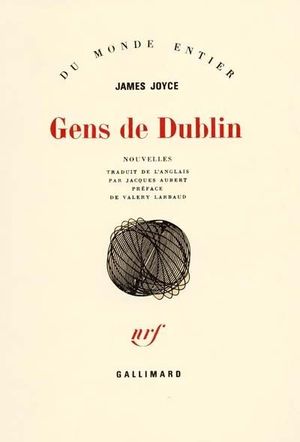James Joyce wanted to write something in order to justify his departure from Ireland. In this collection of short stories, each story functions as a case story when we follow one main character, which gives more place for the reader by giving more space to the narrator. In "After the Race", we can find a realistic fiction as the relationships between the characters seem natural and dynamic where hermeneutics is always. But sometimes, the different relationships between the characters give the readers the impression of being superficial, especially from Jimmy, who observes a lot his friends and who pays a lot of attention to pecuniary interests and social status matters. The depiction of realism is noticeable with the many different nationalities presented in the story and the distinct languages, inspired by Joyce's international contacts. These short stories may be difficult to understand, particularly what is implicit, owing to historical allusions and context, such as the situation in Ireland concerning its politics, which is one of the main reason of Joyce's alienation of this country. Another reason for this withdrawal was the feeling of paralysis, which prevented him to elevate himself. Joyce's aim was to present moral and spiritual values in his own style, that is to say, implicitly judge his characters by tending to show instead of tell; in that case, the story results to illustrate a lack of hope while there is not any way out for the character to escape the situation. "After the Race" illustrates the question of interpretation, that is raised for every short story in Dubliners, challenging, so that each story is a sort of spiritual exercise in each we must find the moral value.

